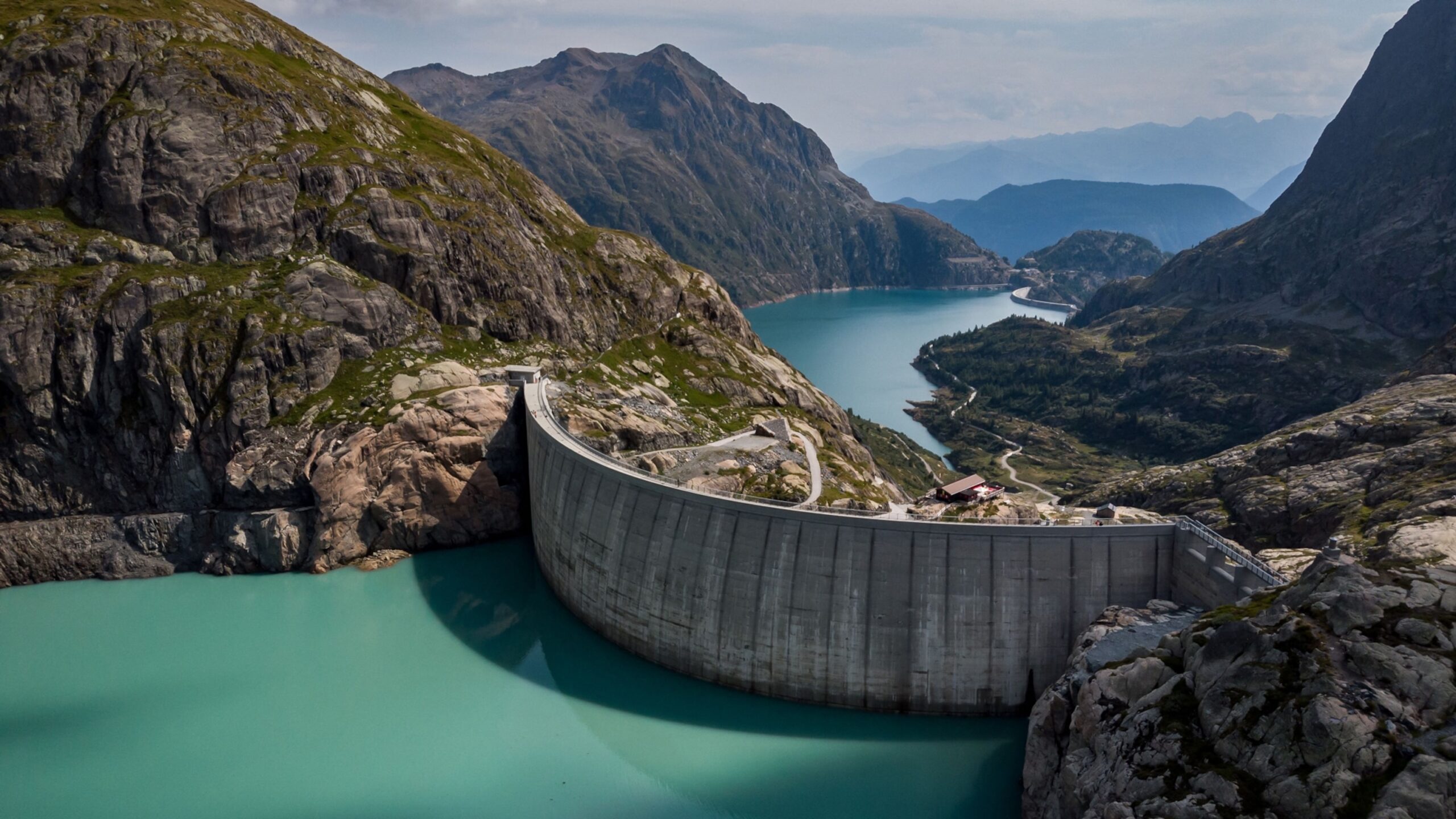By: Aizaz Irshad
The Indus River, once a lifeline for communities along its banks, now flows for barely two months a year. Swabi’s villages, including Batakara, Zarobi, Dhok, and Hund, grapple with the profound challenges arising from this disconcerting trend.
The reduced flow of the Indus has triggered persistent water scarcity in these villages, impacting daily life and agricultural practices. Once reliant on the river for domestic needs, communities face a year-round struggle for clean and sufficient water, affecting health and overall well-being.
Agriculture, the backbone of Swabi’s villages, has been profoundly affected by the altered river flow. Traditionally, the Indus provided water for irrigation, ensuring bountiful harvests. However, with the river flowing for a mere two months, farmers face a reduced window for cultivation, leading to crop failures, diminished yields, and economic hardships.
Climate change plays a role in this evolving scenario, contributing to shifts in precipitation patterns and hydrological cycles. Swabi’s villages are on the frontline, bearing the brunt of environmental changes that challenge age-old agricultural practices.
Amid these challenges, local communities showcase resilience and resourcefulness. Water conservation practices, efficient irrigation methods, and crop diversification are adopted to adapt to the limited water availability. These adaptive measures, driven by the determination of the people, are crucial for sustaining agriculture and securing the livelihoods of Swabi’s residents.
However, while local efforts are commendable, Swabi urgently needs support and intervention from government authorities. Investment in water storage infrastructure, water-efficient agricultural practices, and policies ensuring equitable water distribution are critical steps to empower these villages.
Strategies for sustainable solutions include empowering local communities through workshops, encouraging alternative sources of income like eco-tourism, investing in research and innovation for optimized water usage, prioritizing water storage infrastructure, and promoting climate-resilient agriculture.
The swift collaborative efforts are crucial for Swabi’s villages to secure a more sustainable future, preserving their vital connection with the Indus River. Only through united action can these communities navigate the complexities of water scarcity and agricultural challenges, ensuring a resilient and prosperous future.


